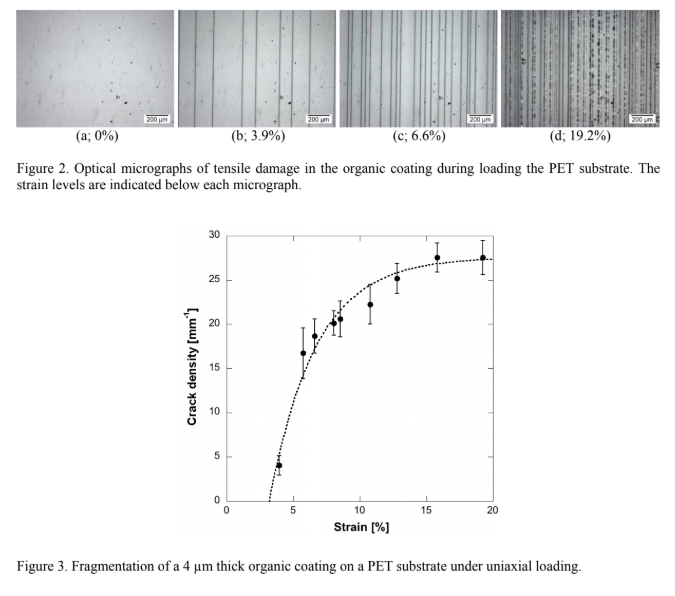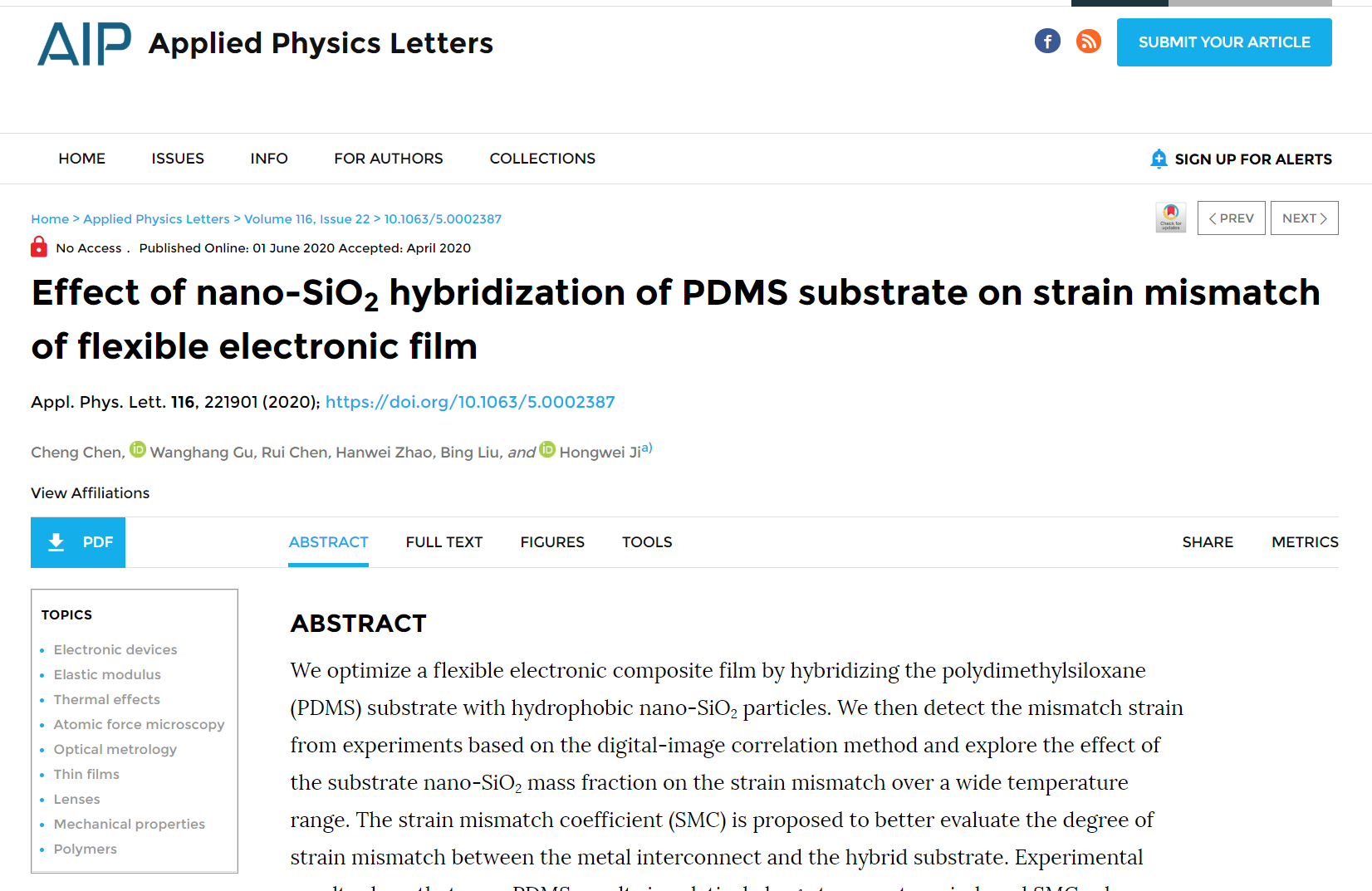Read more about how Linkam’s mechanical testing systems (MFS and TST350) have been used by researchers.
APPLICATION NOTES
With increased pressure on the electronics sector to deliver greener technology with uncompromised performance, materials research and development has stepped up to the fore.
The understanding of microscopic and thermo-mechanical properties is at the core of materials science research. Here we look at how mechanical characterisation can be used to observe and image materials at the microscale.
Researchers at Reading Scientific Services Ltd. (RSSL) performed tensile testing on both chicken and plant-based chicken alternative samples.
Linkam’s mechanical testing system was used to study the mechanical integrity and adhesive properties of polymer coatings.
Researchers at the University of Bath develop understanding of novel materials with single-walled carbon nanotubes using Linkam’s tensile stages.
Researchers at the National Chemical Laboratory, India, explain how Linkam’s TST350 (now MFS) can be used to calculate the essential work of fracture for polymeric materials.
Researchers use Linkam’s TST350 (now replaced by the updated MFS) to study biomaterials for corneal replacement.
Researchers in Lausanne use Linkam’s mechanical testing system to study the effect of temperature on the adhesion of transparent thin film electrodes on polymers.
Research papers
Researchers use the Linkam MFS to image and measure the tensile properties of nanocomposite samples synthesised by coagulation spinning using carbon nanotubes.
Researchers detail the relationship between the tensile and piezoelectric properties of flexible electronic films using printable ink with ceramic particles.
Linkam’s mechanical testing stage was used to study the tensile properties of ITO-free flexible electrodes, used for optoelectronic devices, revealing their mechanical integrity under bending and stretching conditions.
Researchers use Linkam’s mechanical testing stage to study the effects of tensile strain and temperature on a flexible electronic composite film made using hydrophobic nano-SiO₂ particles.
Researchers combine the mechanical testing and temperature control capabilities of Linkam’s mechanical testing system with x-ray scattering techniques (WAXS/SAXS) to elucidate the crystallisation and deformation induced orientation as a function of stress-strain behaviour and temperature.
Linkam’s mechanical testing system was used to test the mechanical properties of single carbon fibers. The fibers were used to make reinforced composites with tailored dimensions, which were then quantified in terms of their mechanical properties such as tensile strength and strain to failure.
Linkam’s mechanical testing system is used in a study exploring the mechanical and electrical properties of lithium ion energy storage devices for wearable and flexible eletronics.



















The remarkable functional properties of spider silk make it a highly interesting material for a wide range of applications, including high-performance fabrics and regenerative medicine.